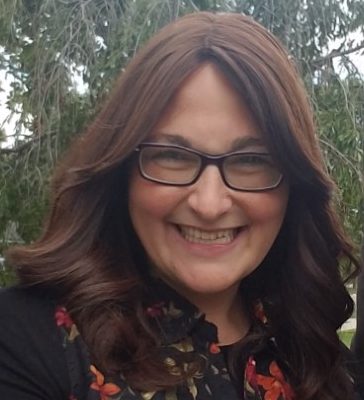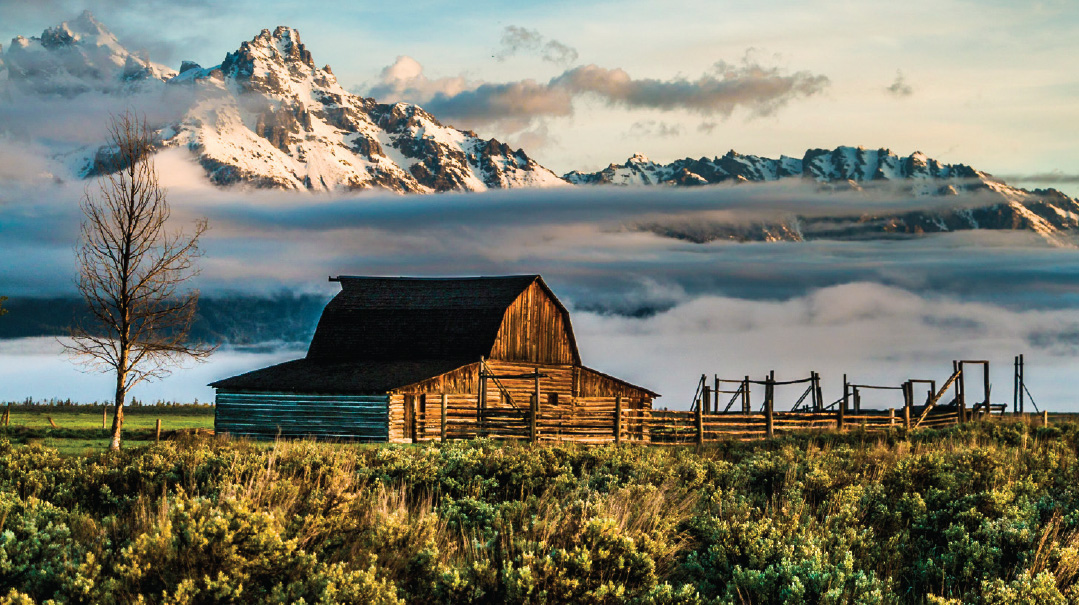The Grand Tour

Vacation organizers share the tricks of keeping all the balls in the air

“Millions of People Want the Same Spot”
Name: Yitzi Kessock
Location: Boca Raton, Florida
Company: Rustic Elegance
Years in the Biz: Since 2018
Kashrus: ORB
Busy season: Summer
What does organizing a trip look like?
Some of the locations we visit are only open 12 weeks a year… and then there are five to eight million visitors waiting to get in. These places have waiting lists for years. At this point we have name recognition — we’ve developed relationships with the parks and vendors, never haggle over prices, people see we do business the right way and are happy to work with us. But still, some activities have to be booked years in advance. I’m making educated decisions on what people would like, even when no one’s signed up yet. Most frum Jews are notorious for deciding what they want to do on vacation at the last minute. Then, of course, there’s looking up locations, finding hotels nearby, and working out all the logistics, especially the food.
Things you didn’t know before you started:
I’d never in a million years have known how to rent a mobile truck or ship food across the country. Our first year, I hired a guy to drive a truck with food — it wasn’t cost effective. We started out with two barbecues, now we’ve got a 48-foot mobile kitchen.
How many people do you take at a time?
Usually between 60 and 80 people per week.
Where would you never want to visit?
I’m not so into beaches, even though I live in Florida. And I’m not really intrigued by Europe. I’m happy staying local.
Where do you go, and how often?
Currently Montana and Wyoming. We go to each location twice per year, four trips altogether. We’re planning to add other places in the future.
How did you get started?
I’ve always loved nature and being outdoors. Visiting national parks is a hobby of mine. My wife and I were fortunate to have the opportunity to vacation in Montana a few years ago, and it was amazing. The sights in Glacier National Park are truly inspiring. But as wonderful as it was, figuring out davening and food was a huge hassle. We were hiking all day and then coming back to the hotel hungry and exhausted. But then we had to fiddle with the tiny microwave and fuss around to arrange food. It made the whole experience much less enjoyable.
Finally, I had an idea: I contacted one of my childhood friends, Seth Warshaw. He’s now a recognized name in the kosher culinary world as the executive chef and owner of Etc. Steakhouse in Teaneck, New Jersey. But when we were kids, our families were very close and our parents used to take us hiking and camping together. I asked Seth if he’d be interested in combining our two fortes: mine, the guides and hikes, and his, the food. Then Jason Greenfest came on board — he’s the one who puts it all together: figuring out the logistics and all the little pieces, getting the right teams together, planning the set-up and breakdown of the dining rooms, etc.
Your most memorable tour:
Once, a fire broke out at the entrance of a park and we weren’t able to get in. We were able to pivot and enter the park from the other side — a 1.5-hour-drive away. It was a reminder that what people expect to see and what Hashem enables them to see aren’t always the same thing. Forests need fire, it’s a part of the natural healthy regrowth of the forest… so yes, even that fire was seeing Hashem’s gadlus, just not exactly in the way our visitors had originally hoped.
What’s the hardest part?
From my end, it’s being up against millions of people all fighting to visit the same famous trails in the national parks… and planning all the details. It’s like a huge puzzle.
Your favorite location
Glacier National Park, Montana. It has some of the most breathtaking views in the entire world and tons of wildlife. It’s the perfect spot to see Yad Hashem up close.
Oops! We could not locate your form.







